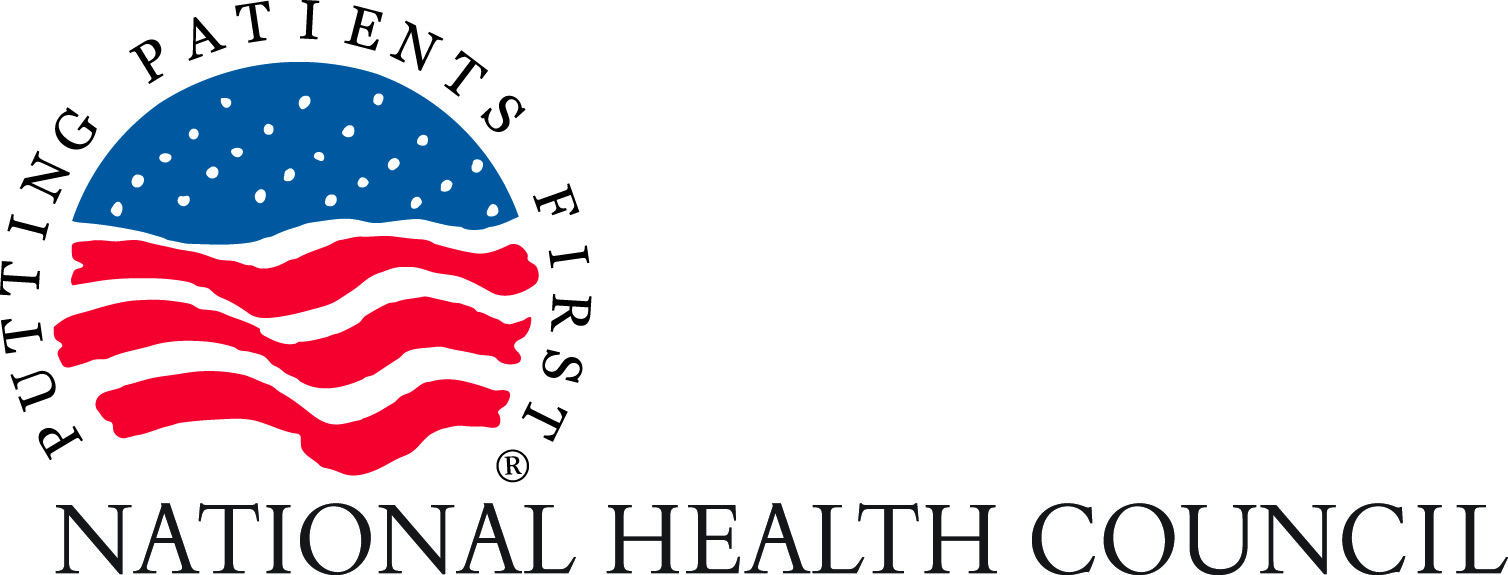Tracking the Ways the Trump Administration has Decreased the Impact of Obamacare
07/19/2018
Earlier this month, The New York Times began tracking ways the Trump Administration has been decreasing the impact of the Affordable Care Act (ACA). The authors, Haeyoun Park and Margot Sanger-Katz, created a list of 14 different steps this Administration has taken to weaken the ACA. Read the full article.
The NHC has been actively working to counter these actions to strengthen and defend patient protections. Here’s our take on the Trump Administration’s action that have negatively impacted the strength of the Affordable Care Act, and access to affordable health care for the millions with chronic diseases and disabilities.
1. President Trump Eliminates CSR Funding
This action by the Trump Administration was nothing more than a political stunt designed to cripple insurance markets. It directly impacted people’s daily lives, especially people who chronic diseases and disabilities. Ending CSR payment caused millions of people to lose access to their health care due to an increase in health care costs. This action also increased federal deficits. This policy was unnecessary and benefited no one.
Read our full statement.
2. The Department of Labor Association Health Plan Final Rule
The Trump Administration, along with the Department of Labor, failed to keep their promise to people with preexisting conditions. The majority of the health care community opposed this decision with extreme force. However, this rule passed, and took people with chronic conditions and disabilities back to the days of unaffordable plans and coverage denials. This administration promised to ensure meaningful access to care for those who need it most but took actions that do the exact opposite.
Read our full statement.
3. The Department of Justice ACA Brief
The Department of Justice and the Trump Administration declared the individual mandate unconstitutional. This affected millions of people with pre-existing conditions because this ruling held important protections for people with chronic diseases and conditions.
Read our full statement.

